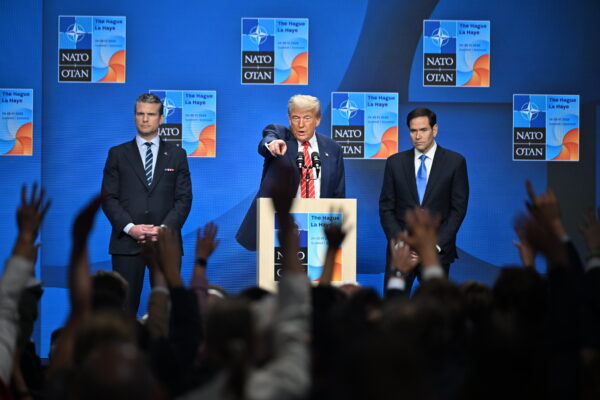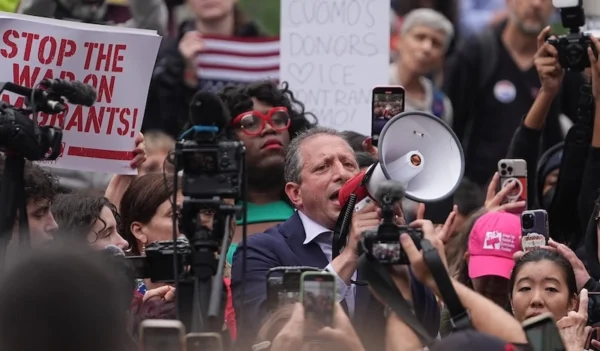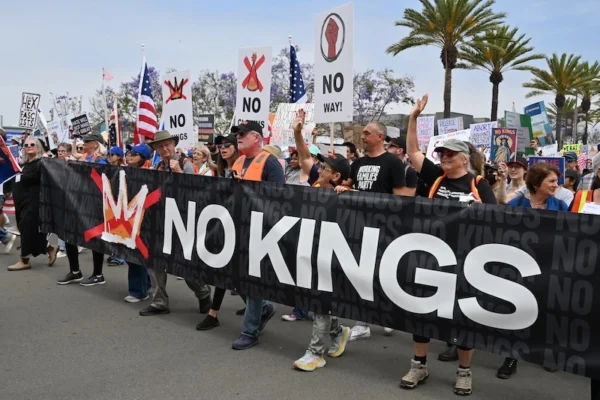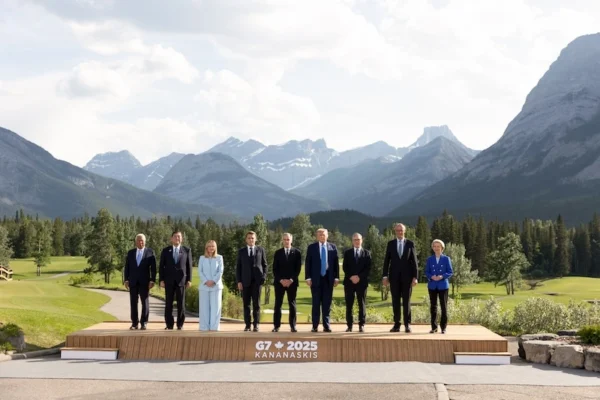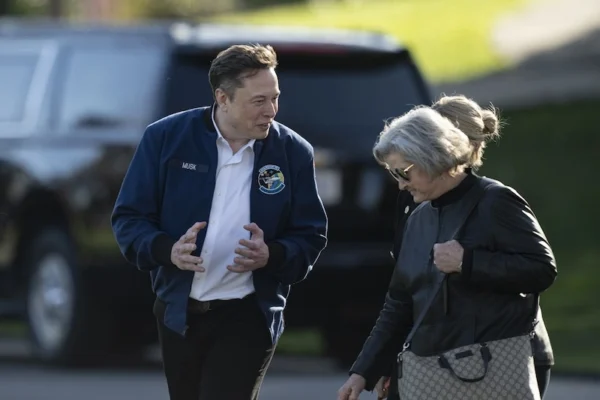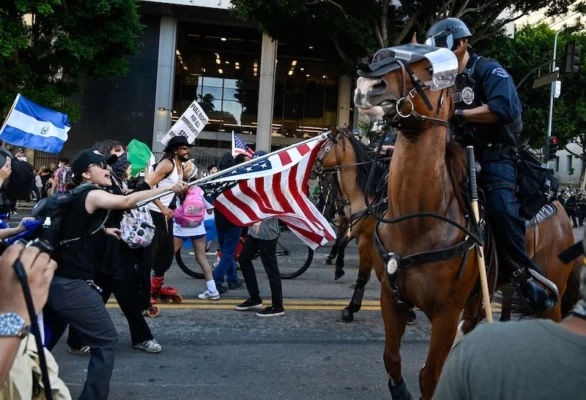20 Years On: Turkish-American Relations under the AK Party
Since the foundation of the AK Party on August 14, 2001, Turkish-American relations have gone through major regional and global challenges. The relationship has ebbed and flowed over the past two decades of AK Party governments under the leadership of President Erdoğan and different administrations in Washington. The Middle East has undergone major geopolitical transformations that the US and Turkey have sought to manage in the last twenty years in addition to numerous bilateral issues. The US invasion of Iraq in 2003, Iran nuclear issue, ongoing Syrian civil war are just a few of the regional challenges that both strained the relationship and created opportunities for cooperation. In what ways has the AK Party put its stamp on Turkish foreign policy in general and the US-Turkey relationship in particular? What are the current challenges and opportunities before a more robust partnership can contribute to peace and stability in the region? How can the US and Turkey overcome their bilateral difficulties and work together as NATO allies to tackle regional and global challenges?
The SETA Foundation at Washington DC is pleased to host a distinguished panel of experts to discuss Turkish-American relations under the tenure of the AK Party.
Speakers
Çağrı Erhan, Professor of International Relations Altınbaş Üniversitesi, Member of Security and Foreign Policies Council of Turkish Presidency
Akif Kireçci, Dean of the Faculty of Political Sciences at Ankara Social Sciences University, Member of Security and Foreign Policies Council of Turkish Presidency
Moderator
Kadir Ustun, Executive Director at The SETA Foundation at Washington DC













